The Ashanti Regional Health Directorate of the Ghana Health Services with its partners; Sight Savers and WHO, under the leadership of its Regional Director, Dr. Fred Adomako Boateng, has rolled out a community-based Mass Drug Administration (MDA) exercise aimed at reducing the spread and impact of schistosomiasis across selected districts in the region.
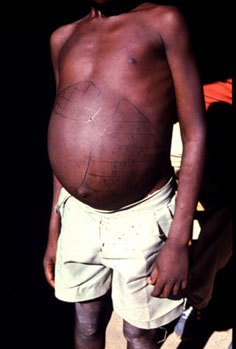
The exercise, scheduled from 7th to 20th September 2025, targets nine districts including Ahafo Ano North, Asante Mampong, Atwima Mponua, Offinso North, Ejura Sekyeredumase, Sekyere East, Sekyere Central, Sekyere Kumawu, and Sekyere Afram Plains.
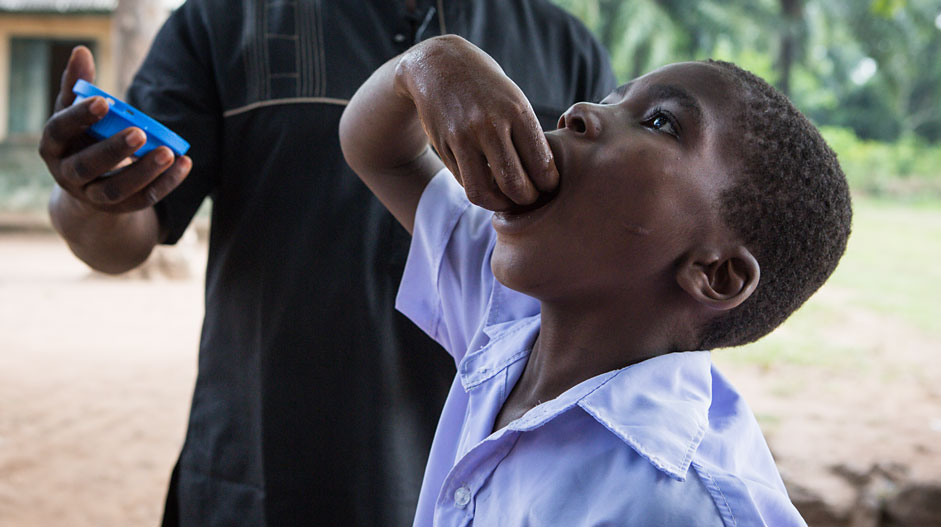
In some of these districts, such as Atwima Mponua, Sekyere Kumawu, and Sekyere Afram Plains, Ivermectin which prevents Onchocerciasis will also be administered alongside praziquantel for treatment of Onchocerciasis and Schistosomiasis.
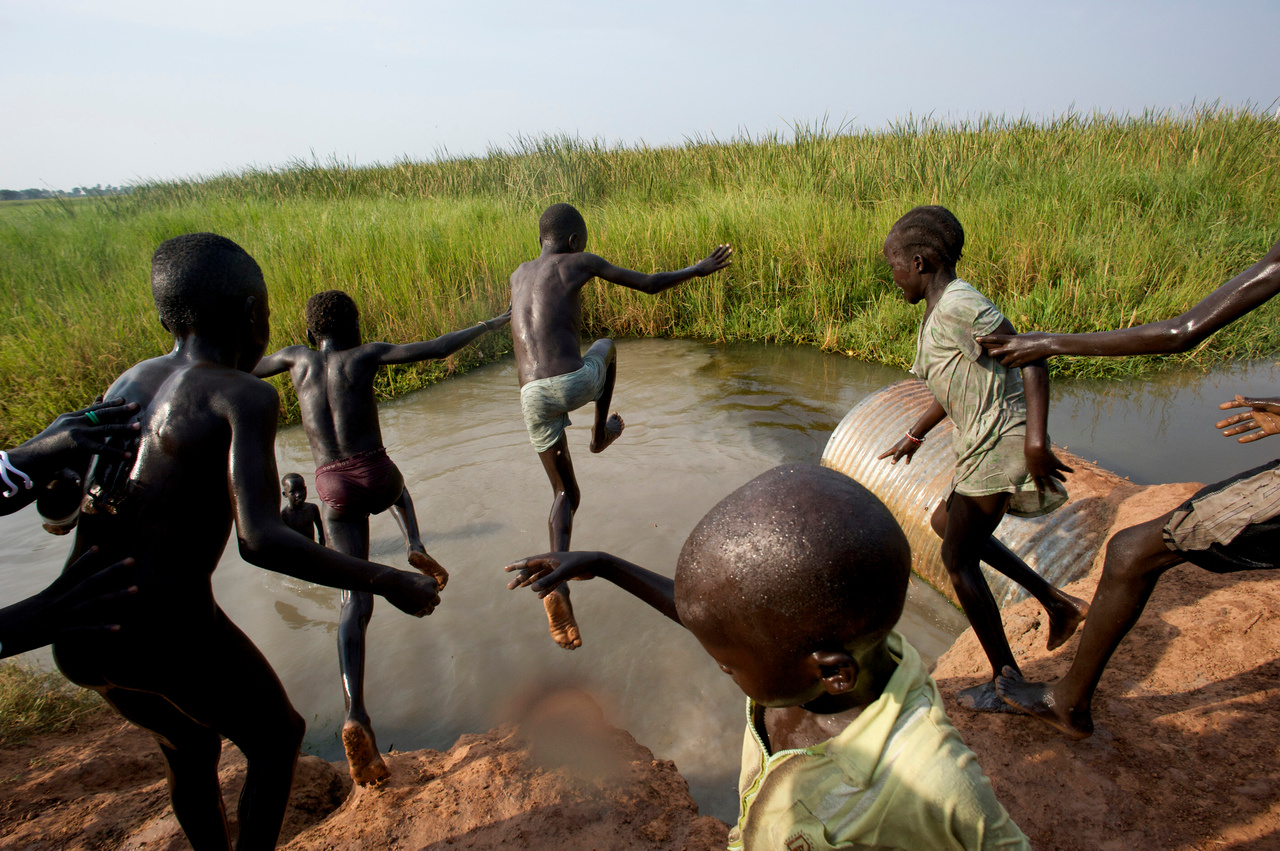
Dr. Fred Adomako Boateng emphasised that the primary aim of the exercise is to reduce disease morbidity and transmission in order to move closer to eliminating Onchocerciasis and Schistosomiasis as a public health problem.
“This exercise seeks to significantly cut down the transmission of schistosomiasis in our communities. By treating affected populations on a large scale, we hope to lessen the disease burden and eventually eliminate it as a public health threat,” he said.
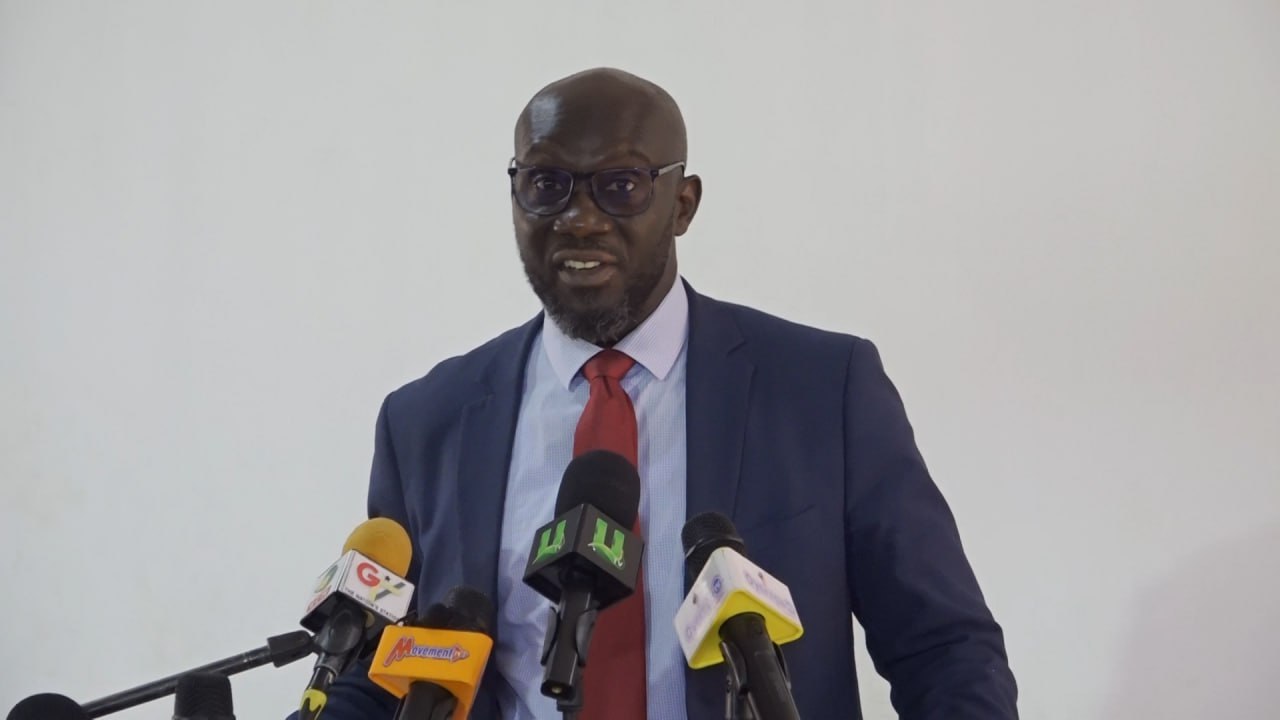
Explaining how the disease spreads, Dr. Boateng noted that transmission occurs when infected individuals contaminate freshwater sources with faeces or urine containing parasite eggs, which then hatch in the water.
“Schistosomiasis mostly affects poor and rural communities, particularly those engaged in agriculture and fishing. Women who carry out domestic chores in infested water, such as washing clothes, are also at high risk and may develop female genital schistosomiasis,” he explained.
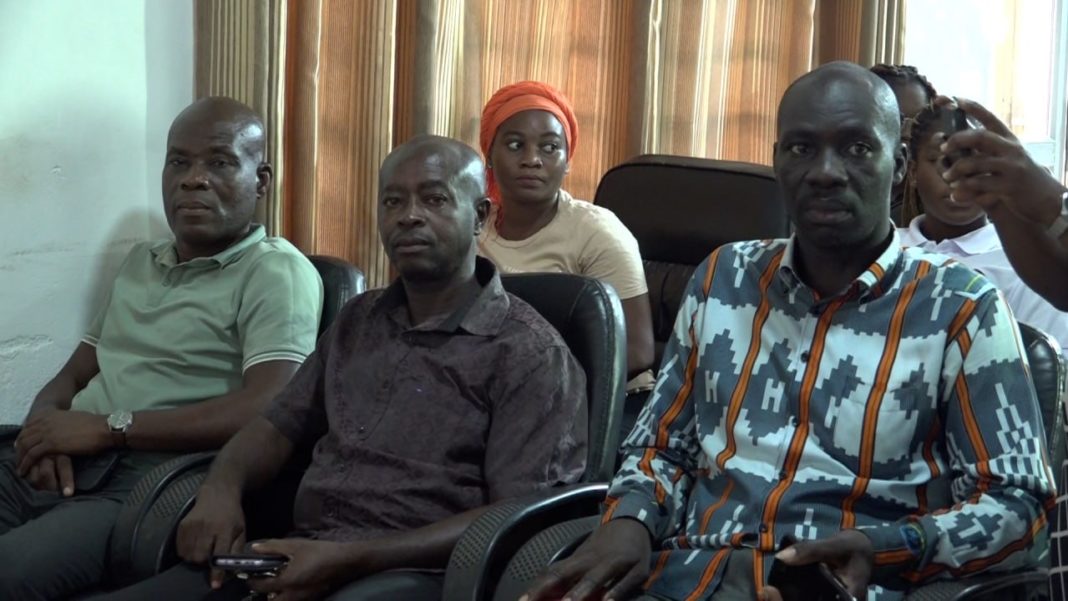
Globally, schistosomiasis remains a major concern. According to the World Health Organization (WHO), data from 2021 showed that only 29.9% of people requiring treatment were reached, while 43.3% of school-aged children who needed preventive chemotherapy received it.
This represented a sharp decline of 38% compared to 2019, largely due to the suspension of treatment campaigns during the COVID-19 pandemic.
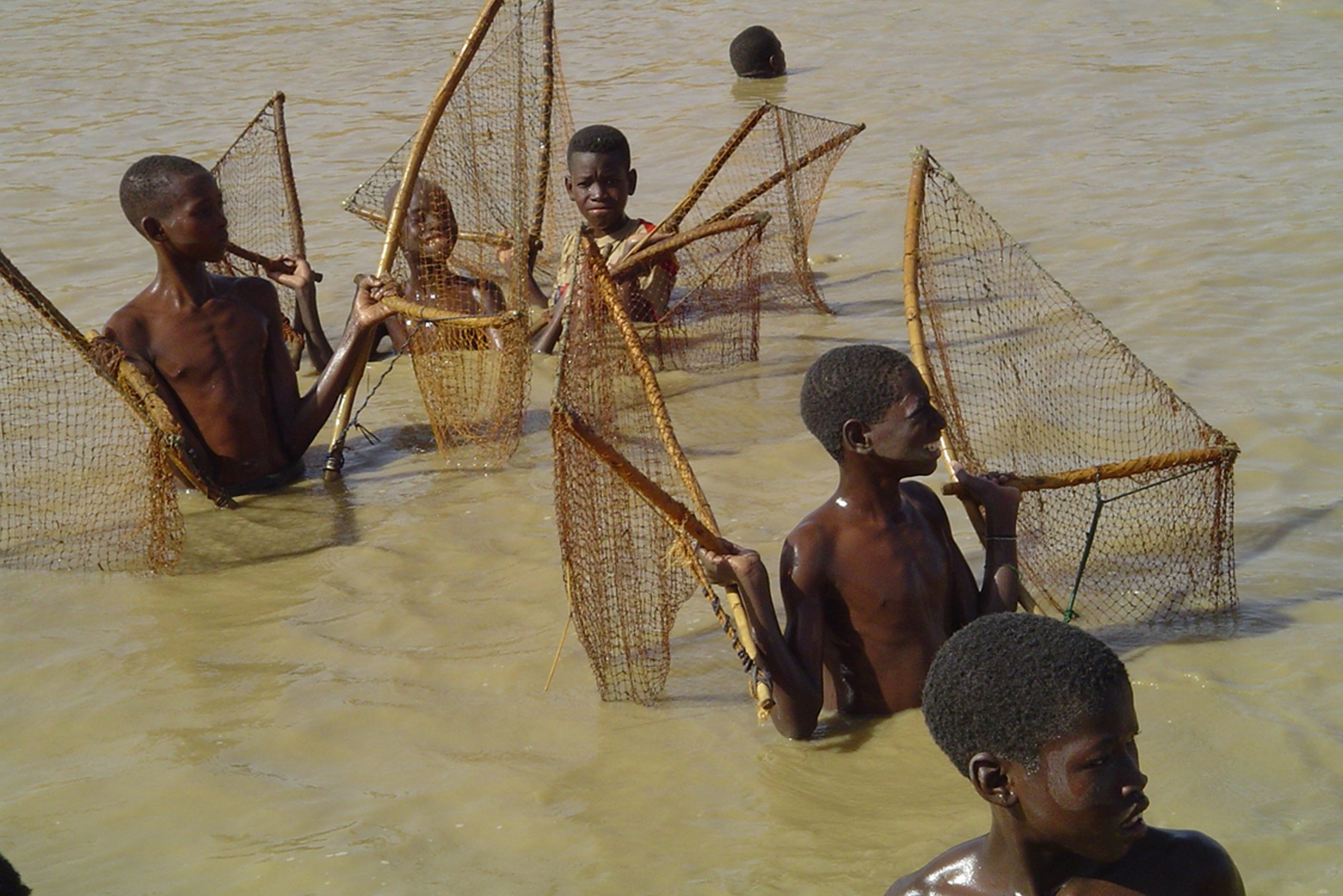
Dr. Boateng also highlighted the severe health complications of untreated schistosomiasis. “The disease can result in abdominal pain, diarrhoea, and blood in the stool. In advanced cases, liver enlargement is common, and it is often associated with fluid accumulation in the peritoneal cavity, hypertension of abdominal blood vessels, and sometimes enlargement of the spleen,” he stated.
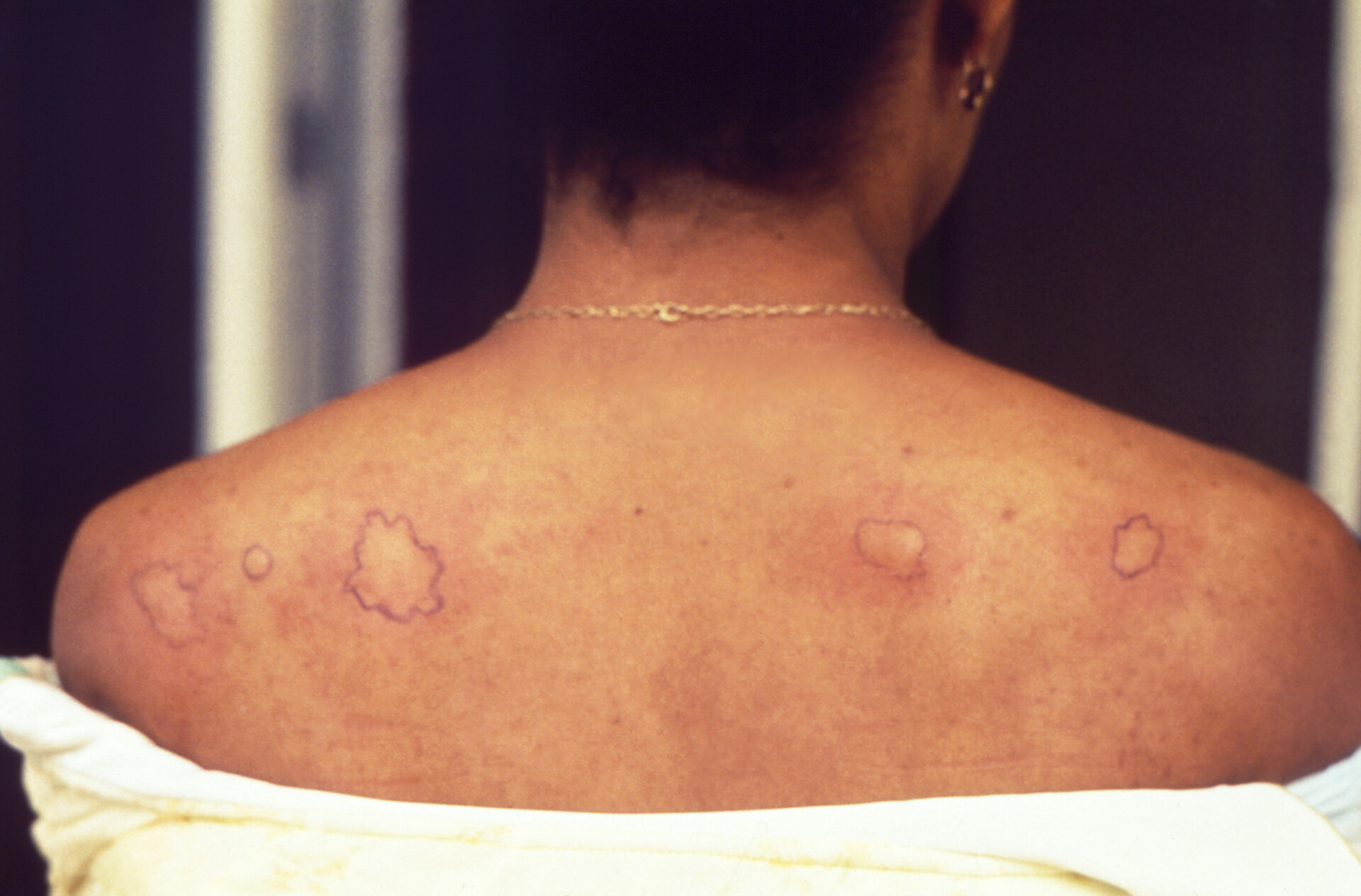
For prevention and long-term control, Dr. Boateng stressed the importance of a multi-pronged approach.
“Prevention and control of schistosomiasis must be based on large-scale treatment of at-risk population groups, access to safe water, improved sanitation, hygiene education and behaviour change, as well as snail control and environmental management,” he said.
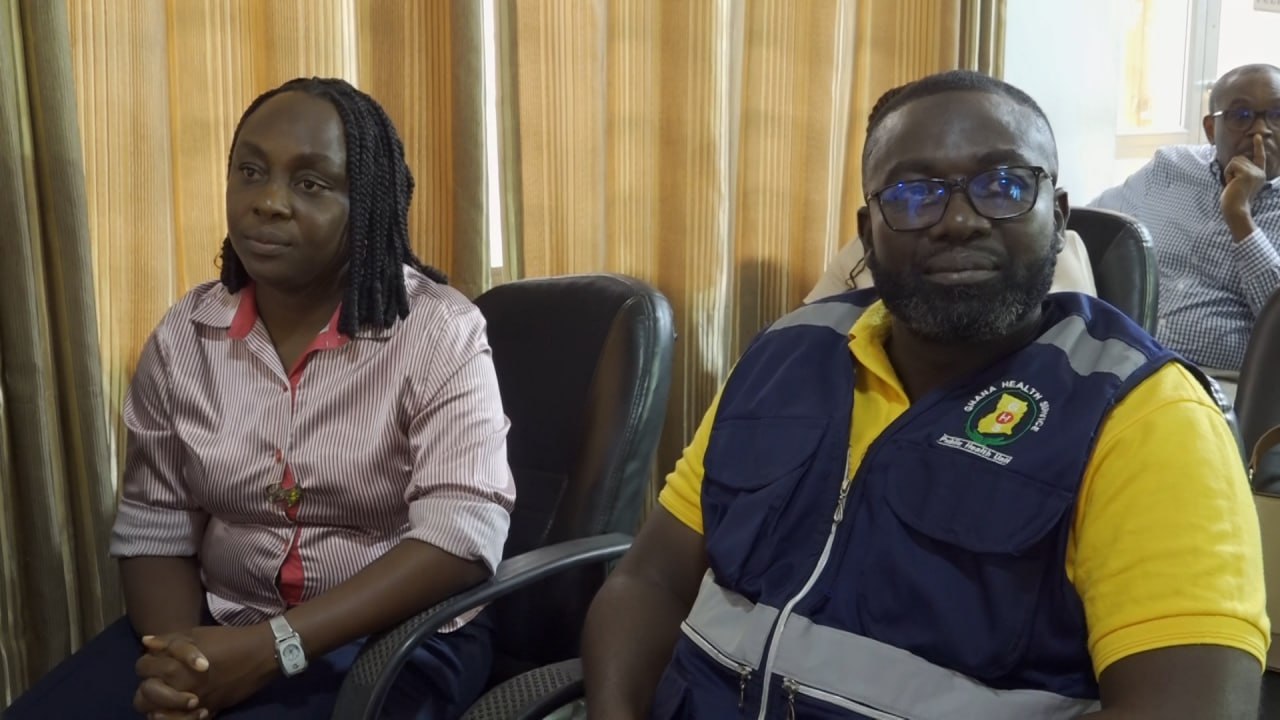
The Ashanti Regional Health Directorate is therefore urging residents in the affected districts to fully participate in the mass drug administration exercise in order to protect themselves and their communities from the devastating impact of schistosomiasis.
By; Nana Yaw Owusu (0240782639).





